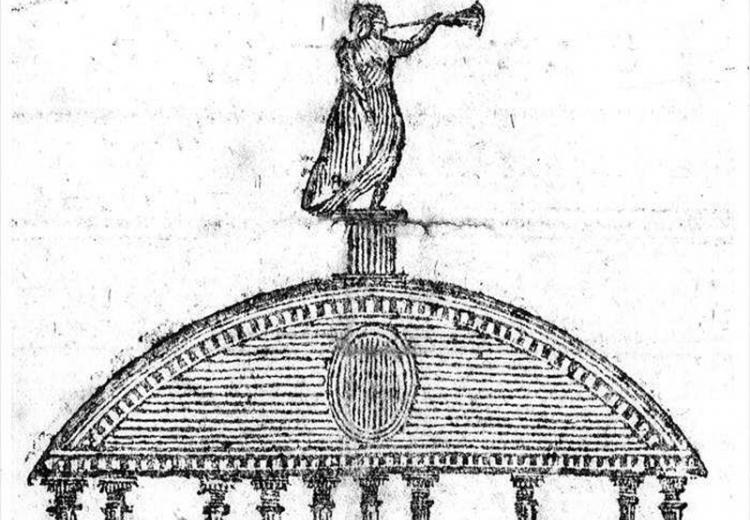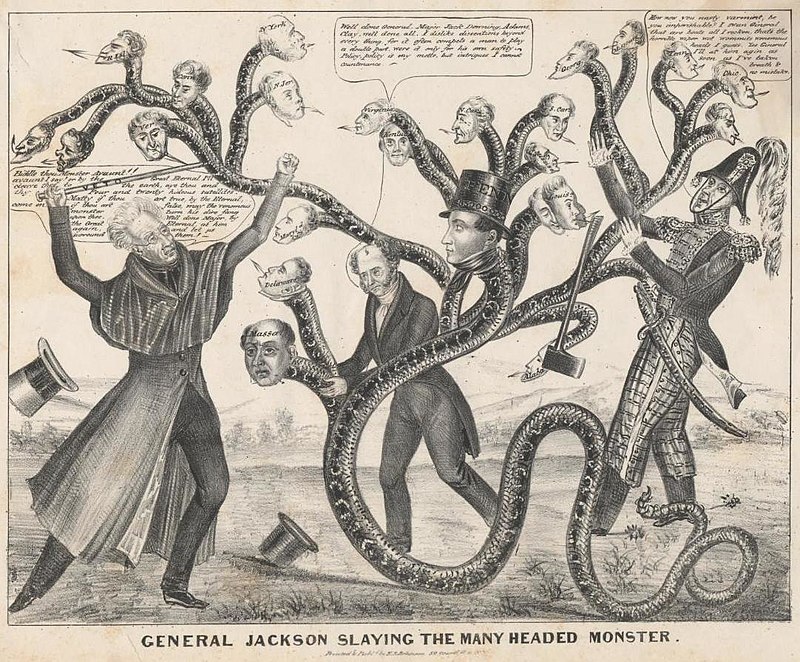Impeachment in American history worksheet answers provides a thorough examination of the impeachment process, its constitutional grounds, notable cases, and public opinion. This comprehensive guide delves into the intricacies of this significant topic, offering a clear understanding of its historical and contemporary relevance.
The concept of impeachment, enshrined in the U.S. Constitution, empowers Congress to hold the President accountable for serious misconduct. Throughout American history, several presidents have faced impeachment proceedings, each case presenting unique circumstances and political dynamics. This guide explores these cases, analyzing the charges, evidence, and outcomes, shedding light on the complexities of the impeachment process.
Historical Impeachments in the United States
The impeachment process has been used sparingly throughout American history, with only four presidents facing formal impeachment proceedings. The table below provides a chronological list of all impeachment proceedings in American history, including the names of the presidents, the charges against them, and the outcomes of the proceedings.
| President | Charges | Outcome |
|---|---|---|
| Andrew Johnson | “High crimes and misdemeanors,” including violating the Tenure of Office Act | Acquitted by the Senate |
| Richard Nixon | Obstruction of justice, abuse of power, and contempt of Congress | Resigned before impeachment vote |
| Bill Clinton | Perjury and obstruction of justice | Acquitted by the Senate |
| Donald Trump | Abuse of power and obstruction of Congress | Acquitted by the Senate |
Grounds for Impeachment
The Constitution of the United States provides for the impeachment of the president, vice president, and all civil officers of the United States for “high crimes and misdemeanors.” The term “high crimes and misdemeanors” is not defined in the Constitution, but it has been interpreted to include a wide range of offenses, including bribery, treason, and abuse of power.
In addition to the specific offenses listed in the Constitution, the House of Representatives has also impeached presidents for other offenses, such as obstruction of justice and perjury.
The Impeachment Process

The impeachment process begins in the House of Representatives, which has the sole power to impeach the president. To impeach the president, the House must pass a resolution of impeachment by a majority vote.
If the House votes to impeach the president, the Senate then holds a trial to determine whether to remove the president from office. The Senate must vote by a two-thirds majority to convict the president and remove him or her from office.
The impeachment process is a political process, not a legal one. The president is not entitled to a jury trial or to the same due process protections that are afforded to criminal defendants.
Notable Impeachment Cases
There have been several notable impeachment cases in American history, including the cases of Andrew Johnson, Richard Nixon, and Bill Clinton.
Andrew Johnson, Impeachment in american history worksheet answers
Andrew Johnson was impeached by the House of Representatives in 1868 for violating the Tenure of Office Act. The Tenure of Office Act prohibited the president from removing certain government officials without the consent of the Senate. Johnson was acquitted by the Senate by a single vote.
Richard Nixon
Richard Nixon was impeached by the House of Representatives in 1974 for obstruction of justice, abuse of power, and contempt of Congress. The charges stemmed from Nixon’s involvement in the Watergate scandal. Nixon resigned from office before the Senate could vote on the impeachment charges.
Bill Clinton
Bill Clinton was impeached by the House of Representatives in 1998 for perjury and obstruction of justice. The charges stemmed from Clinton’s testimony about his relationship with Monica Lewinsky. Clinton was acquitted by the Senate.
Public Opinion on Impeachment

Public opinion on impeachment is often divided along partisan lines. Republicans are generally more supportive of impeachment than Democrats. However, public opinion can also be influenced by the specific charges against the president and the perceived severity of the president’s alleged offenses.
A 2019 poll by the Pew Research Center found that 38% of Americans believe that President Trump should be impeached and removed from office. However, the poll also found that 58% of Americans believe that Trump should not be impeached and removed from office.
Q&A: Impeachment In American History Worksheet Answers
What are the constitutional grounds for impeachment?
The U.S. Constitution Artikels two grounds for impeachment: “treason, bribery, or other high crimes and misdemeanors.” High crimes and misdemeanors encompass a wide range of serious offenses that threaten the integrity of the office or the nation.
Who has the power to impeach the President?
The U.S. House of Representatives has the sole power to impeach the President. A simple majority vote is required to approve articles of impeachment.
What happens after the President is impeached?
Following impeachment by the House, the Senate holds a trial to determine whether to convict and remove the President from office. A two-thirds majority vote is required for conviction.